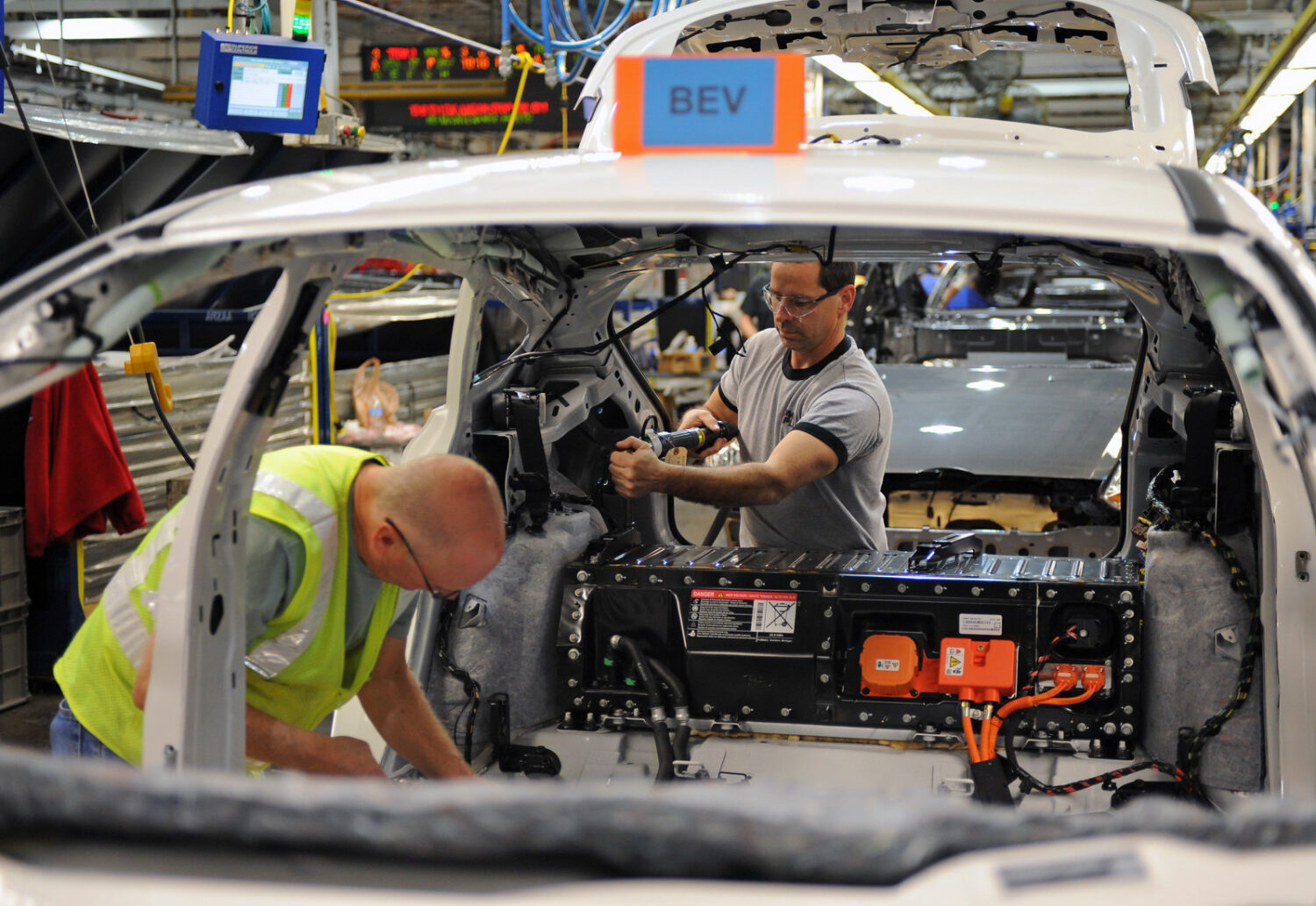Right track
The UK can learn from recent developments in European industrial policy, argues Judith Kirton-Darling
A few short years ago, industrial policy was a dirty word in European politics. Yet it is now at the top of the European political agenda. As recently as August 2023, the outgoing chief economist of the EC’s competition department argued that ‘foundation industries’ should be allowed to disappear from Europe, and that supporting their transformation was a ‘waste of money’ – and it was widely assumed that he was merely making explicit what others were thinking. But in her instructions to the new competition commissioner, Teresa Ribera, the newly re-elected EC president Ursula Von Der Leyen asserted a new doctrine of industrial policy. In its first 100 days, the new European Commission (EC) is set to announce a major new initiative – the Clean Industrial Deal – alongside sectoral initiatives for key industries (including the automotive, steel and chemicals industries). So why the turnaround?
Over the last four years, European manufacturing and its workforce have faced unprecedented crises. While the EU has been shedding industrial jobs since the great financial crisis – around 2.5m since 2008 – the pace of redundancies has accelerated to alarming levels in recent months, with more jobs losses announced in the automotive industry and its suppliers in the six months to December 2024 than during the pandemic. This trend has a range of causes, not least the war in Ukraine and the accompanying energy crisis, which has crippled both households and our foundation industries.
The election of Donald Trump and the threat of high tariffs on European exports has only increased the urgency of developing a European industrial plan. The alternative would likely be a race to the bottom in pursuit of ‘competitiveness through deregulation’, with damaging social impacts. Defending the unique strengths of the European model must be part of the progressive European narrative, and offers the only hope of marrying Europe’s climate objectives with economic security, quality jobs and more energy sovereignty.
A pivot towards laissez-faire policies would be particularly foolish given the industrial policy successes in individual European countries in recent years – successes that the UK’s Labour government could learn from. While strict EU state aid policies have been relaxed since the pandemic, the latest developments are broader than only public subsidies and tax breaks.
The Spanish government has a long record of trying innovative approaches. After the historic coal phase-out agreements in 2018, the Institute of Ecological Transition established Just Transition Tenders, which link grid access capacity to renewable energy projects that prioritise socioeconomic concerns, quality jobs and environmental benefits for affected areas. In December 2024, a new national industrial policy law was proposed to strengthen strategic autonomy and support the transition. Public funding and contracts come with strict social conditions – and ‘clawback provisions’ in the case of relocation of production.
Meanwhile, in 2023 the German government introduced Klimaschutzverträge, or climate protection contracts– hedging instruments designed to support German energy-intensive industries through carbon contracts for difference (CCfD). They provide companies with financial planning security with regard to energy price developments, while ensuring that state subsidies are in line with actual demand. Modelled on private-sector hedging contracts, companies receive grants towards operating and investment costs for the use of low-carbon technologies. These take account of the additional costs of carbon avoidance. As soon as clean production can be carried out more cheaply than conventional production, the payment relationship established by the CCfD is reversed, and additional revenue made by the subsidised companies flows back to the state. State support is conditional on employment security, negotiated with worker representatives and with penalties for companies that violate the rules.
Last year, the penny started to drop in Brussels, too, as the first major industrial policy instruments were adopted as part of the EC’s Green Deal industrial plan – in part in response to the US Inflation Reduction Act. This saw the new EU Critical Raw Materials Act (CRMA) and NetZero Industry Act (NZIA) set social and environmental conditions for strategic projects.
European industrial workers, organised in industrial Europe, have long called for an EU industrial policy that fosters both economic and social resilience, and pursues clean reindustrialisation targets. As Labour seeks to grow the economy while strengthening workers’ rights, it should look to the quiet revolution in industrial policy taking place in Europe. Importantly, with similar challenges on both sides of the Channel, greater UK-EU cooperation could be a crucial part of the solution.
Image credit: Saud Al-Olayan via Flickr

